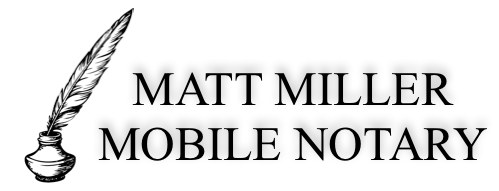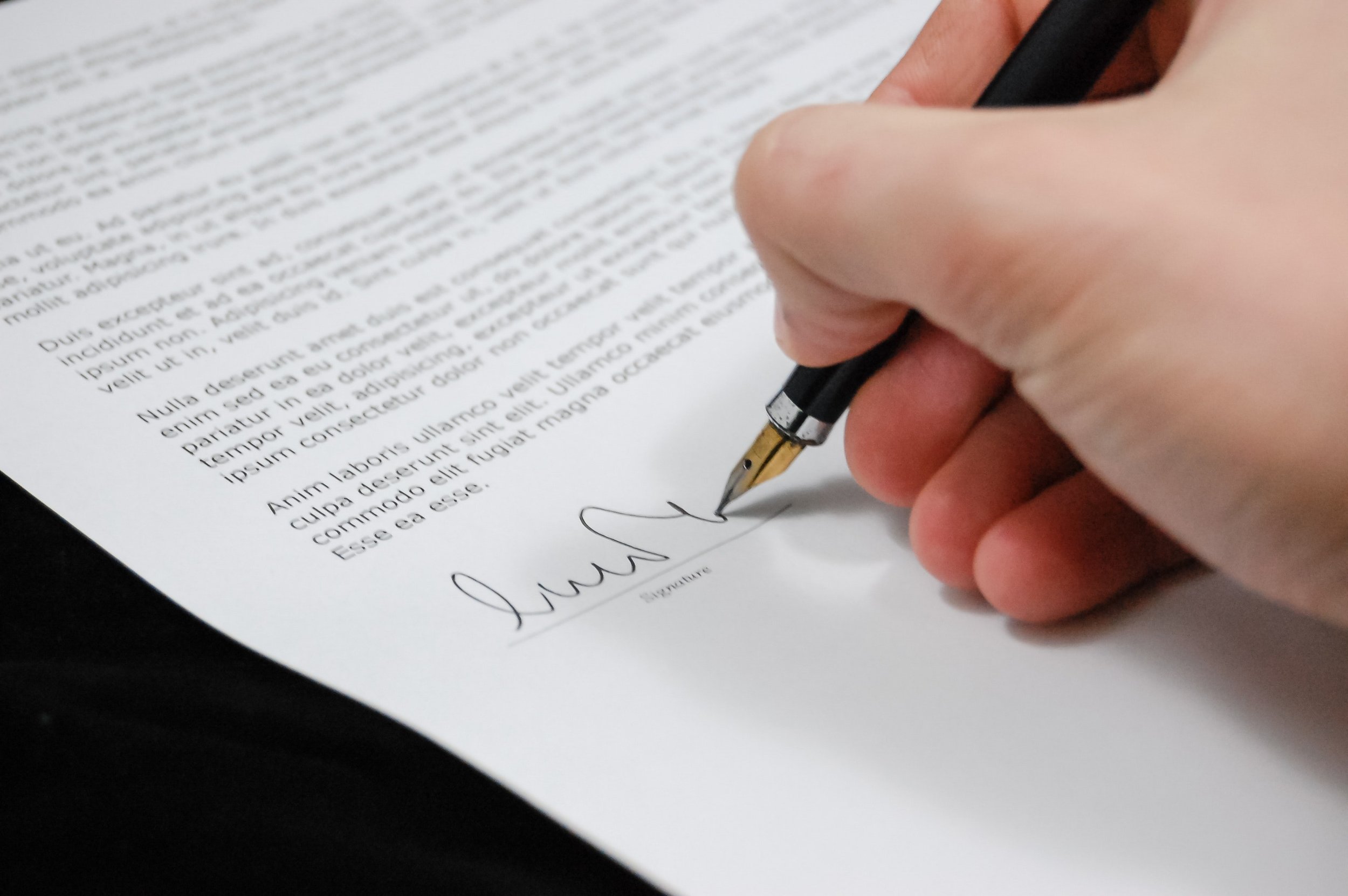When life gets busy, taking time out of your day to find and visit a notary can feel like an unnecessary hassle. That’s where mobile notaries come in — professionals who bring the notary office to you. In a city like San Francisco, where time is money and convenience is king, using a mobile notary isn't just smart — it's often the best choice.
Whether you're handling a legal matter, finalizing a real estate deal, or securing a travel authorization for a child, here are the top five reasons San Franciscans are turning to mobile notaries.
1. Convenience That Comes to You
A mobile notary travels to your home, office, hospital room, or even your favorite coffee shop. No more rearranging your schedule, fighting through traffic, or searching for parking downtown. With mobile notarization, the appointment happens when and where it works best for you — mornings, evenings, weekends, or even same-day.
2. Ideal for Busy Professionals
In San Francisco, the pace is fast — tech workers, attorneys, and entrepreneurs often don't have the time to leave work for errands like notarization. Mobile notaries understand the importance of time, offering flexible hours and on-site service to keep your day moving. You don’t need to stop working to get your documents handled.
3. Critical for Medical or Emergency Situations
Mobile notaries play a vital role for those in hospitals, care homes, or hospice. When powers of attorney, healthcare directives, or other critical documents need notarization, time is often of the essence. A mobile notary ensures you or your loved one can get legally binding documents completed without added stress — right from a hospital bed or care facility.
4. Reliable for Real Estate Closings
Real estate transactions often require multiple notarized documents — and mobile notaries are trained and certified to assist with these high-stakes signings. From buyers and sellers to agents and escrow officers, everyone benefits when the notary shows up on time and knows the paperwork inside out. Mobile notaries in San Francisco are often NNA-certified signing agents with the credentials to get it done right.
5. Flexibility and Personal Service
Unlike walk-in notary services, mobile notaries offer a more personal touch. You’ll often work with the same notary for multiple signings, and they’ll take the time to walk you through the process. Whether you need documents in English or have special circumstances, a mobile notary’s flexibility makes them an essential part of your legal and business toolkit.
Ready to Book a Mobile Notary in San Francisco?
At Matt Miller Mobile Notary, we provide professional, reliable, and flexible notary services throughout San Francisco and the surrounding Bay Area. From last-minute appointments to complex signings, we’re here to make the notarization process easy and stress-free.
📞 Call or text today to schedule your appointment.








